We’ve all seen the image of the Maschinenmensch, the machine-person, on the poster for Fritz Lang’s Metropolis. Widely regarded as a pioneer of the sci-fi genre, the 1927 film celebrates its 95th anniversary today, and although it wasn’t well received at the time, it has gone on to become an influential piece of cinema history, showing the world what cinema can do. It’s use of Bauhaus and Cubist designs has influenced many films since and Metropolis has become a shorthand for the idea of a dystopian and oppressive world.
1. Adolf Hitler and Joseph Goebbels Were Big Fans of the Movie!
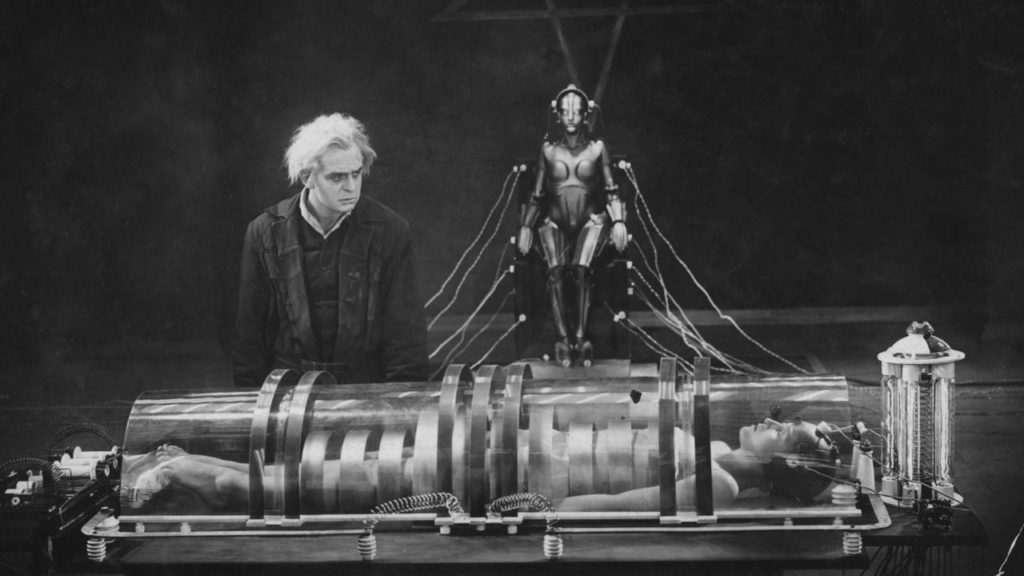
Both Adolf Hitler and Joseph Goebbels were big fans of Metropolis. The story goes that Goebbels met with Lang and told him that he could be made an honorary Aryan despite his Jewish background. Goebbels said: “Mr. Lang, we decide who is Jewish and who is not.” He went on to make Lang a job offer. He would be in charge of all Nazi propaganda films, effective immediately. And the Nazi Party would overlook the fact that his mother was born Jewish.
Fritz Lang graciously thanked Goebbels for the offer. When the meeting ended, he went home, packed a bag, left Germany for Paris, and never returned.
2. Fritz Lang’s Metropolis Has Inspired a Long List of Pop Culture Staples, Including…

… Star Wars (C3PO sure looks familiar!), the design of The Matrix, the futuristic cities of Blade Runner, Dark City, and The Hudsucker Proxy, the final act of Ghostbusters, and Akira, among others. Superman creators Jerry Siegel and Joe Shuster loved the movie so much that they named the fictional city in their comic book after it.
3. It’s Been 95 Years Since Anyone Has Seen the “Whole” Movie
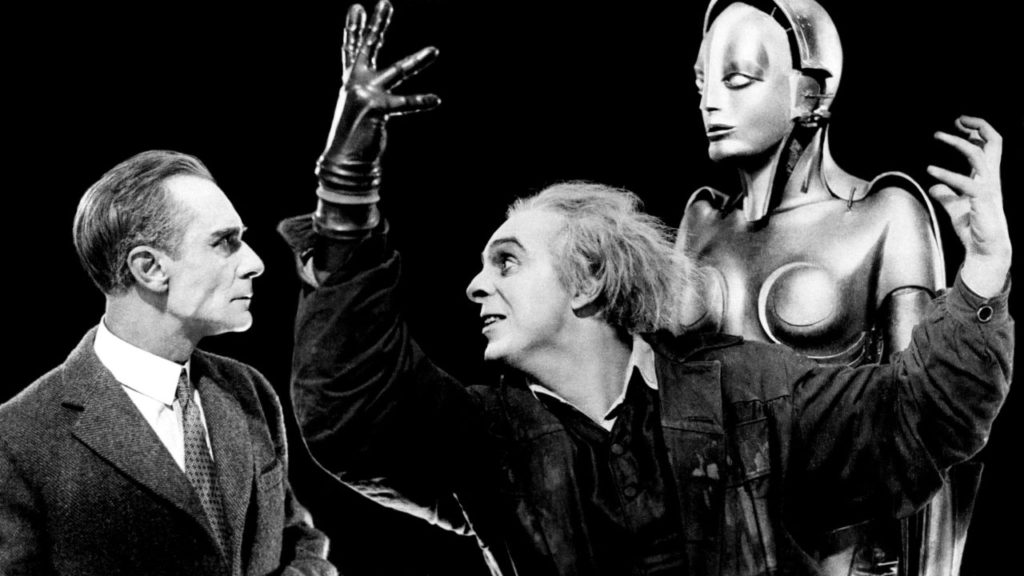
For decades, all that survived of Metropolis was an incomplete original negative and copies of shortened, re-edited foreign release prints.
When it premiered in Berlin in January 1927, the movie was 153 minutes long. The movie struggled at the box office and the studio made arrangements to re-edit the movie, shorten it, and sell it to foreign markets. The result of which was a butchered, almost incoherent 115 minute version that was shown in the U.K. and the United States. (There was a 91 minute version released in 1936 that made the movie even worse.) The original movie was lost to time, and for 80 years, the only way you could watch Metropolis is in one of those edited forms.
That was until 2008, when a badly damaged copy of the original print of the movie was discovered in Buenos Aires. It was painstakingly restored and reissued on DVD and Blu-ray. That 148 minute version, while still not complete (some scenes were damaged beyond repair), is currently the most complete version of Fritz Lang’s Metropolis that exists.
4. It Was, at the Time, the Most Expensive Movie Ever Made
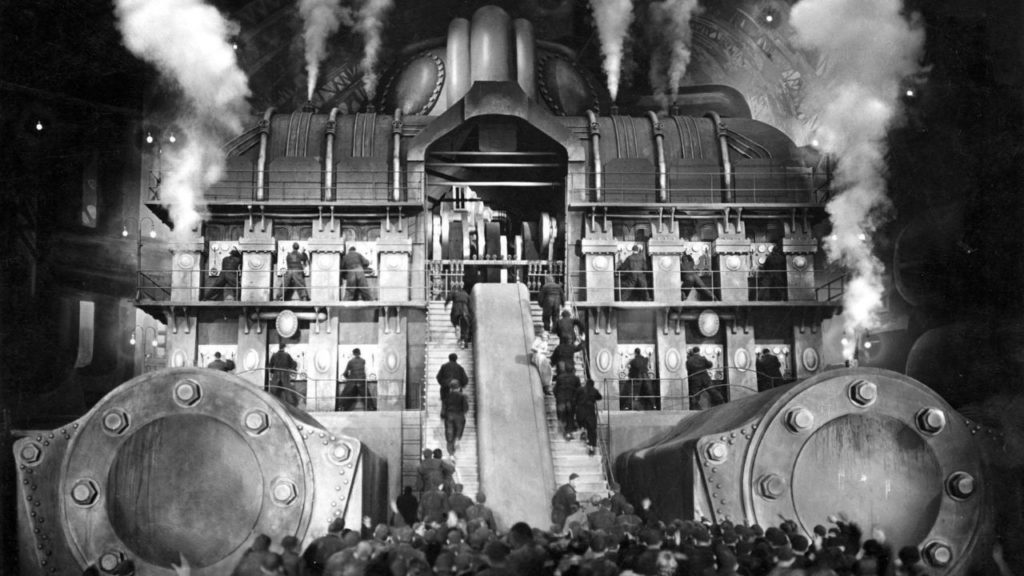
Back in the 1920s, with a swollen budget of around 5.3 million Reichsmarks, Metropolis was the most expensive movie ever made. Watching the movie, however, you would think that it was a bargain. Lang did after all construct massive sets, assembled massive crowds of extras, and designed an entire fictional world from the ground up.
5. H.G. Wells Hated the Movie
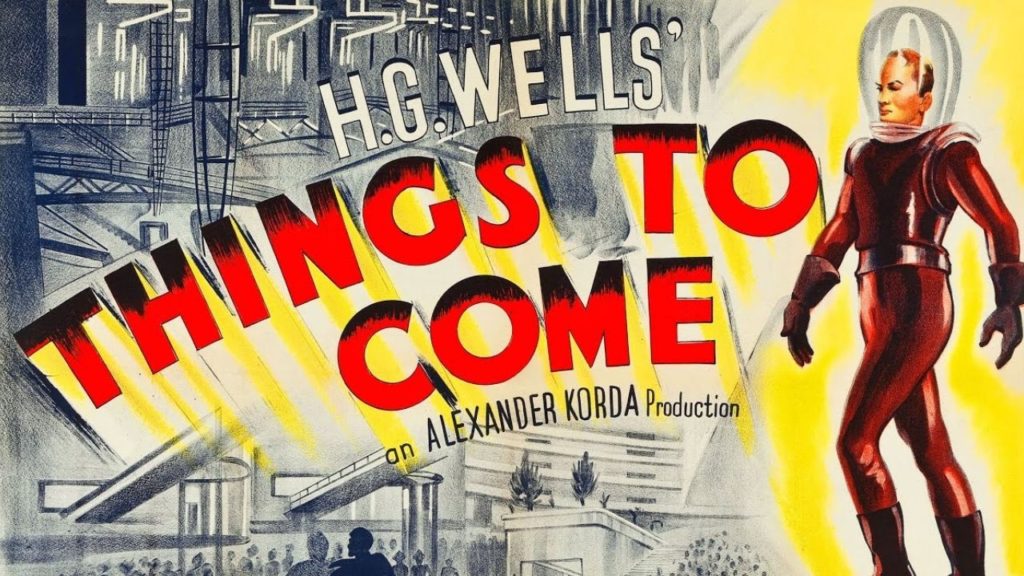
Legendary science fiction author H.G. Wells wasn’t a fan of Metropolis. (His book, The Time Machine, had inspired Metropolis‘ division into an upper world and an underworld.) He called it the “silliest film” he’d ever seen. “I do not believe it would be possible to make one sillier. It comes from the great Ufa studios in Germany, and the public is given to understand that it has been produced at enormous cost. It gives in one eddying concentration almost every possible foolishness, cliché, platitude, and muddlement about mechanical progress and progress in general, served up with a sauce of sentimentality that is all its own”. He went on to say it was wrong, “with a sort of malignant stupidity” about the direction society was headed. He wrote: “Metropolis, in its forms and shapes, is already as a possibility a third of a century out of date.”
The story goes that it was his dislike of Metropolis that inspired him to write The Shape of Things to Come as an alternative.

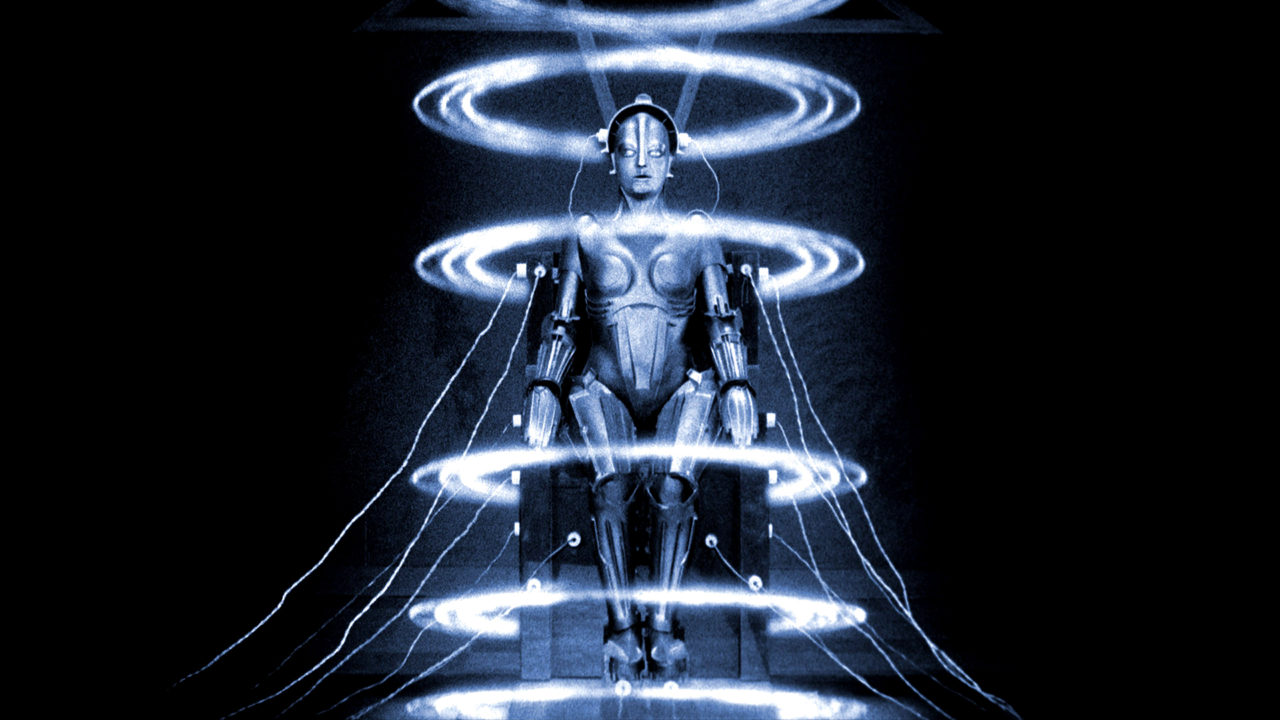







Follow Us